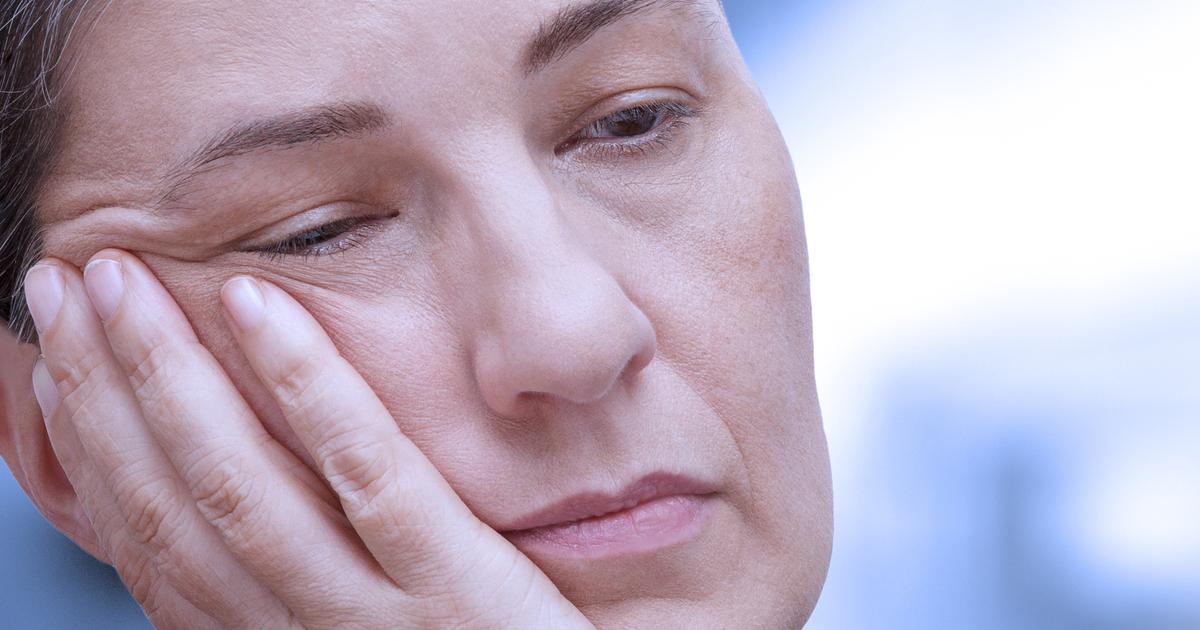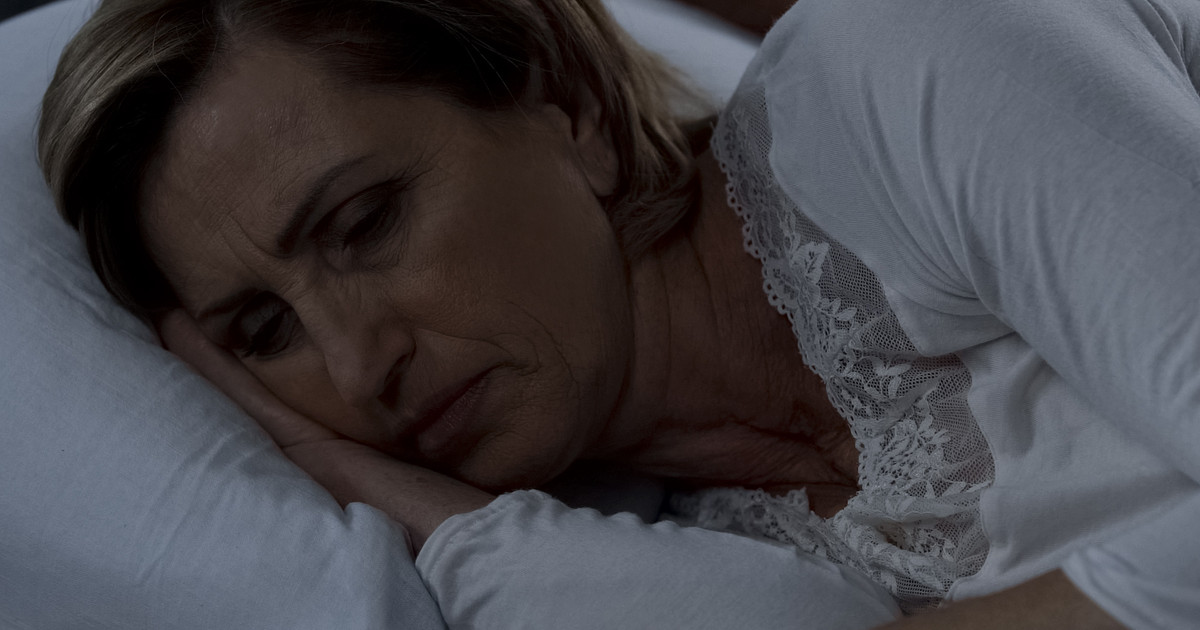Guide To The Warning Signs Of Basophilia
Fatigue And Weakness

Basophilia can be related to chronic inflammatory conditions, cancer, or myeloproliferative conditions. These patients will likely experience fatigue and weakness. They may notice that they feel tired after exercise or climbing stairs. Patients may also find that they need to rest more than usual after daily activities. Doctors will ask the patient questions about when these symptoms began when evaluating their fatigue and weakness. They will ask if these symptoms are chronic or intermittent. Doctors will want to know about the patient's sleep quality and current medications as well. They will conduct a physical exam and order blood tests.
Weakness and fatigue may improve over time with treatment for underlying conditions. Depending on the severity of the patient's fatigue, doctors may choose to prescribe stimulant medications for a short period. The medications may be used along with sleep therapy, counseling, dietary changes, exercise, yoga, and massage. Since there is no objective test for fatigue, patients should always describe how their fatigue feels and how it impacts their lives. This allows their doctor to create an effective treatment plan. If the patient notices changes in their level of fatigue or weakness, they should let their doctor know as soon as possible.
Night Sweats

Night sweats occur when the patient has repeated episodes of heavy perspiration at night. During these episodes, the sweating is so extreme that it could soak through the patient's pajamas or sheets. Usually, patients who have night sweats also experience weight loss, diarrhea, coughing, fever, or localized pain. Leukemia, lymphoma, and myelofibrosis are a few of the conditions associated with night sweats and basophilia. Doctors will do a physical examination and lab tests to investigate the underlying cause of a patient's sweating.
Depending on the cause, the patient may be prescribed medication to ease sweating. Antidepressants, anticonvulsants, clonidine, and megestrol could be considered. These may be used along with lifestyle modifications. Patients may find some relief from sweating episodes by sipping cool water during the night. Using layered bedding and turning on a fan in the bedroom may help as well. Patients should always let their doctors know if their sweating continues or gets worse.
